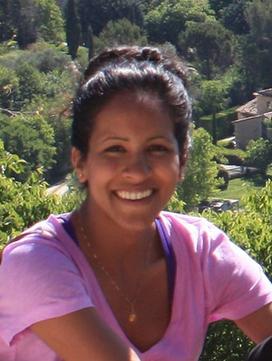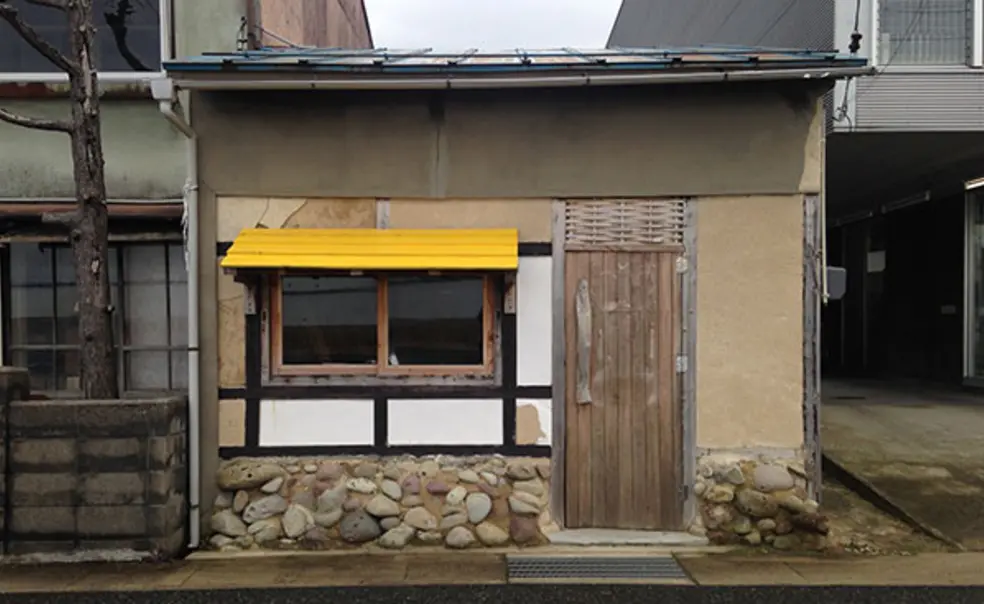The earthquake arrived not long after Mori had opened his bookshop. After months of setting poles, laying concrete, carving wood, and scouring markets in Kyoto and elsewhere for second-hand books, Mori had run his shop for only a short while before the ground shook just enough to bring everything inside crashing down.
“Actually, I haven’t been well recently,” he says as we walk through the shop’s front door. Debris is piled high to the left while a few remaining shelves on the opposite wall valiantly display their paperback wares. It will take another half-year to open again.
The shop backs onto Lake Tōgō in the small town of Matsuzaki in Western Japan. Locals stroll slowly by, stopping to chat along the way as a flowing stream of hot spring water plays gently in the background. Matsuzaki exudes a soothing atmosphere where community is face-to-face, tender, accepting, paramount.
I visited Mori Tetsuya two months ago as part of my personal project, Ways of Living. I began writing the series about three years ago as an extension of my editorial business and travels. Having grown up as most of us do, surrounded by ways of life that are variations on a similar theme, I find myself drawn to experiences that let me explore the interstices of humanity. Over these years of exploration, I have slowly come to realize that I feel disingenuous putting my own opinions and arguments on the page — in all honesty even writing this article has been a challenge. Rather than throwing my individual stake in the ground, I prefer the mosaic of extraordinary wisdom found in the ordinary lives of others.
Through Ways of Living, I aim to show the diversity of approaches to life, born of necessity or choice. More than a snapshot, each story aims to share the set-up of each person’s life in the hopes of inspiring others to live in a way that is authentic to their individuality, should they have the luxury to do so.
Mori and others in Matsuzaki exemplify this individual authenticity perfectly: Mori was uninspired by grade school and university, but books became his lifeline to knowledge and inspired him to create a place for others to self-guide their studies through reading. Mori’s friend Nakamori Keijiro is a video director who moved to Matsuzaki from Tokyo with his wife. He meets me at the wooden entrance of his home, gently rocking his 9-month-old daughter Tama on his chest as we speak. Just down the street, Miyake and Jatani run a multifunctional space called Tami that combines a guesthouse, coffee shop, bar, event space, and share house. Photos are prohibited to encourage “keeping your memories into your heart without your cameras.” Every Tuesday, Tami holds an event where local elderly women are invited to enjoy crafts, tea, and bento lunchboxes amidst conversation across four generations of friends and visitors. When Tama and her mother stop by, the women’s faces crinkle into delighted grins. They play with Tama, laughing and squealing when she experimentally pokes herself in the upper lip with the tip of a dark blue marker.Matsuzaki is both a community of choice and necessity. Many people are local elderly born and raised in the town, others like me are transient visitors, and a key handful have moved with long-term or permanent intentions to bring life to a place away from the hustle of Japan’s large metropolises. Mori and the others have each overcome personal constraints to prioritise community and a purpose-driven life.
Ways of Living is my lifeline for intentional exploration — for meeting new people and having my mind stretched by their stories. The stories of a Muslim man who survived years in a labor camp during Mao Zedong’s rule and now spends his days living alone teaching himself to paint, swim, and write English at an astounding level of fluency; of a French woman in Marseille determined to run her own business independent of her husband’s professional success now that her children are grown and gone; of an Omani family striving for collective and individual definitions of “success” in Muscat and Nizwa.
Perhaps most importantly, I try my best to avoid writing articles that proclaim we should live one way or another. The exploration process behind each Ways of Living story can sometimes birth painful self-reflection and threaten the norms and people in the communities where I grew up, but I believe in the idea that there is no “one right answer” to the formula of life. The beauty lies in the understated resolve of each individual to stretch the boundaries of possibility when no one else is looking. It is to each of these individuals, and those who read their stories, that Ways of Living is indebted.

Faaria Volinski ’09 is the founder and editorial lead of InkMo Editorial, a company that writes, edits and translates for clients around the world. She started Ways of Living three years ago as a personal blog; today it features stories from individuals across 13 countries and is being developed into a series of mini-books, or zines. Based in London, England, she sings in the Hampstead Chamber Choir and long-distance treks in her free time.
This essay is part of a new series at PAW Online. If you would like to contribute to the series, contact us at paw@princeton.edu.













2 Responses
Shamshudin Kherani
8 Years Ago‘The beauty lies in the...
"The beauty lies in the understated resolve of each individual to stretch the boundaries of possibility when no one else is looking." Very profound statement that needs to be acted on by all for a richer world. Thanks for sharing your wisdom, Faaria.
Maya Kherani ’10
9 Years AgoThanks for this thoughtful...
Thanks for this thoughtful piece! I love following your blog!